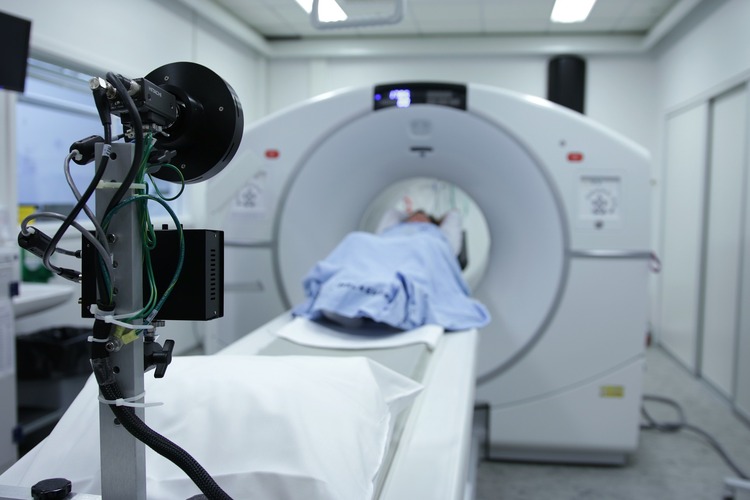NVIDIA, Scripps Research Translational Institute Partner on AI for Genomics, Digital Health Sensors

The Scripps Research Translational Institute is partnering with NVIDIA to develop AI and deep learning best practices, tools and infrastructure to accelerate AI applications using genomic and digital health sensor data.
With NVIDIA, Scripps will establish a center of excellence for artificial intelligence in genomics and digital sensors.
“AI in medicine has tremendous promise,” said Eric Topol, the institute’s founder and director. “Eventually, it will markedly improve accuracy, efficiency, and workflow in medical practice with the potential to lower cost. But so much of this depends on validating AI algorithms and proving clinical efficacy. The data inputs from sensors and sequencing, in particular, will play an important role.”
Dr. Topol leads a team focused on individual medicine that’s part of the larger Scripps Research Institute, ranked by Nature last year as the world’s most influential research institution on innovation.
Scripps and NVIDIA will work to advance the use of machine learning and deep learning to harness the exploding quantity of health data. It’s data generated by faster, more affordable genome sequencing gear, and digital health sensors such as smartwatches, blood pressure cuffs and glucose monitors.
NVIDIA AI experts and Scripps researchers and clinicians will use deep learning and, more broadly, machine learning, to tackle the deluge of genomics and sensor data.
Genomics data is doubling every seven months. To keep up, the team will develop deep learning approaches to help improve mutation detection and make genome sequencing more affordable and accessible.
The astounding growth in genomics data is why the use of the data-hungry deep learning approach in genomic research papers has increased 40 times in the last four years.
Deep learning can predict phenotypic information from mutation detections, which, when combined with digital sensor data, opens up a new world of disease prevention and intervention.
Expanding AI Beyond Images to Digital Sensors and Genomics
All of these efforts rely on access to data, and Scripps has some of the best in the world. Recently, Scripps was selected as a leading participant for the “All of Us Research Program,” an effort led by the National Institutes of Health.
The pioneering project — which includes a research cohort of more than 1 million U.S. participants — is the largest to study the intersection of biology, genetics, environment, data science and computation.
Data of this quality, and quantity, needs the world’s most advanced AI computing platform. The mission of the center of excellence is to accelerate AI applications leveraging genomics and sensor data to keep us healthier longer.
Source nvidia
Industry: Artificial Intelligence News
